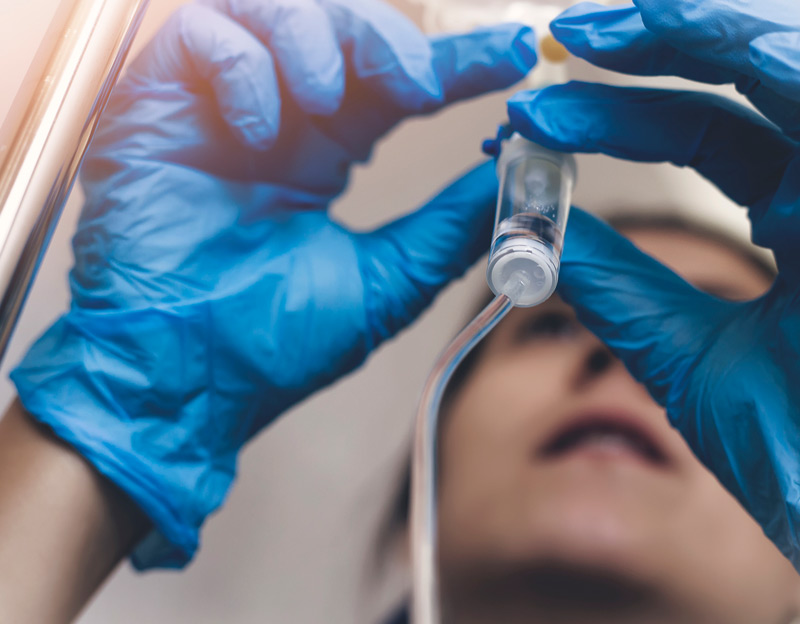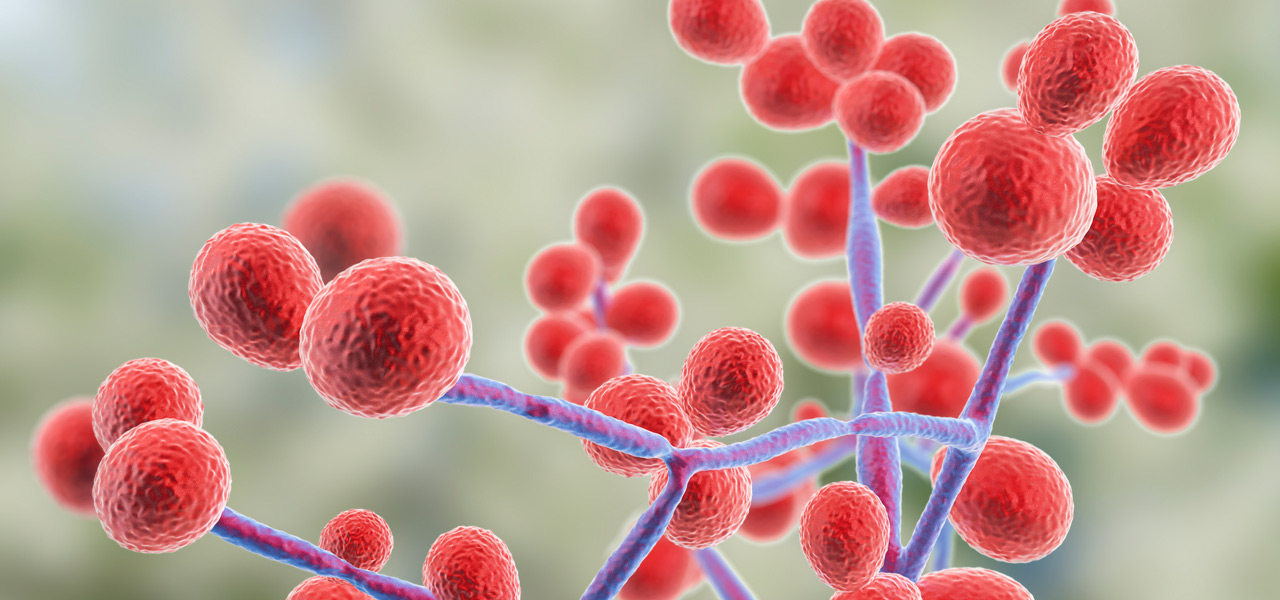

Fungi can thrive in all kinds of environments. Most fungi don’t cause disease in people, but some species can infect humans and cause illness.
Types of Fungal Infections
People can get a fungal infection by coming into contact with a fungus or fungal spores present in the environment.
Some of the most common fungal infections affect the skin, nails, and mucous membranes.
Examples include:
- Ringworm (also known as tinea): a fungal infection of the skin that can occur on the scalp, feet (athlete’s foot), groin area (jock itch), and on other areas of the body
- Nail fungus: an infection that typically affects the toenails but can also affect the fingernails
- Vaginal yeast infection: an infection caused by overgrowth of Candida yeast in and around the vagina
- Oral thrush: Candida yeast overgrowth in the mouth
Antifungal drugs are medications used to treat fungal infections. While most fungal infections affect the skin and nails, some can lead to more serious and potentially life threatening conditions such as meningitis or pneumonia.

Symptoms of a Fungal Infection
Depending the type of fungal infection, individuals may experience the following symptoms:
- Ringworm of the body: a scaly and potentially itchy ring-shaped rash affecting the arms, torso, or legs
- Ringworm of the scalp: localized scaly patches, pustules, or plaques on the scalp, causing hair loss and itchiness; they may also be tender
- Athlete’s foot: scaly skin between the toes or on the bottom of the feet that can cause stinging or burning
- Jock itch: an itchy, red rash on the inner thighs and in the groin area
- Nail fungus: discolored, brittle, and deformed nails
- Vaginal yeast infection: redness, itching, and swelling in the vaginal area; women may also have a thick white vaginal discharge and experience a burning sensation when urinating
- Oral thrush: white lesions in the mouth that may also appear red and be painful
Other serious symptoms of a fungal infection include:
- Fever
- Night sweats
- Flu-like symptoms, such as headache, fatigue, and body aches and pains
- Respiratory symptoms, such as cough and shortness of breath
- Symptoms of meningitis, such as severe headache, stiff neck, and light sensitivity
Risk Factors For Fungal Infections
While anyone can come down with a fungal infection, they’re more common in people with weakened immune systems. These individuals may be:
- Currently hospitalized
- Taking medications that suppress the immune system
- Living with HIV or AIDS
- Undergoing treatment for cancer
- Transplant recipients
Types of Antifungal Drugs
Antifungal drugs are highly diverse. They can be administered orally, as a topical treatment, or via IV. The way an antifungal drug is given depends on factors like the specific drug, the type of infection, and the severity of the infection.
Antifungal drugs are classified by their chemical structure as well as by how they target the infection.
Antifungal IV Therapy
Patients diagnosed with a fungal infection may be prescribed antifungal IV therapy. The specific benefits of the therapy will depend on the type of IV solution selected and the patient’s unique condition. IVI pharmacy has a team of medical professionals who can create highly customized treatments to address the individual patient’s exact needs.

